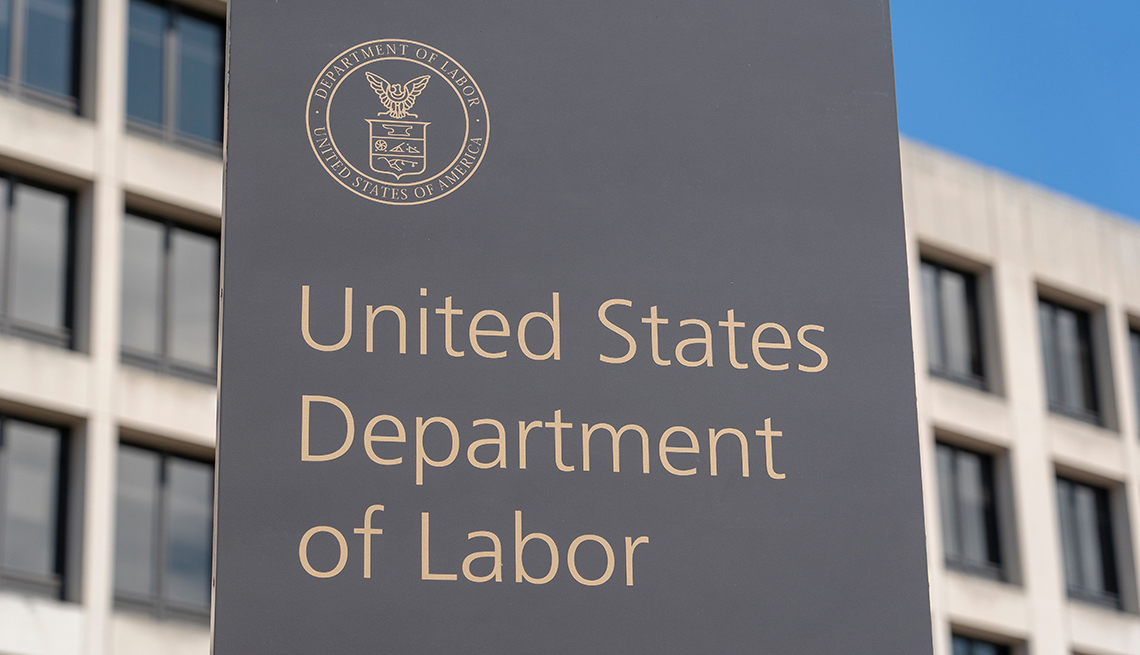
- Select a language for the TTS:
- UK English Female
- UK English Male
- US English Female
- US English Male
- Australian Female
- Australian Male
- Language selected: (auto detect) - EN
Play all audios:
The presumption of innocence is a fundamental principle in Indian criminal law, even in the BNSS, is based this principle. Whereas some Indian laws stray from this rule. These variations are
part of a greater trend toward "special" criminal laws to cope with "extraordinary" offenses that, some argue, standard criminal law cannot appropriately address. The
deviations, which this essay will argue are unconstitutional, are present in these ‘special' criminal statutes at two separate stages i.e. grant of bail, and verdict. All of these
impose extremely stringent conditions for the grant of bail; thus, it is rather challenging to obtain bail from courts under these cases. In cases involving UAPA, such as _Zahoor Ahmed Shah
Watali _and _Anup Bhuyan_, the courts have been of little to no assistance to the accused. _Anup Bhuyan(review)_ has set a very dangerous precedent by stating that if a person remains a
member of an organization after it has been deemed an unlawful association, he or she will face penalties under the statute. Whereas the PMLA, which is an anti-money laundering law, grants
arrest authority under Section 19, which allows higher ED officials to detain anybody they have "reason to believe" is guilty of money laundering based on the evidence in their
hands, was probably the subject of these phrases. The threat of being detained by the ED is always present, especially given the rigorous conditions for bail release under Section 45 of the
PMLA. Although the phrase "reason to believe" indicates that ED officials must evaluate the necessity for the arrest and that such belief must pass the reasonableness test, this is
not the case. As a result, courts should utilize this criterion to evaluate whether remand is appropriate. In the BNSS, the bail laws have been made stricter, and it is almost impossible
to get bail under special criminal laws too, it is high time that cognizance of the judgment in _Satender Kumar Antil_ and a bail act is introduced in India. A bail act should be one of the
topmost priorities in order to stand by the principles of the constitution and Indian criminal laws, where the right to life and liberty is given a central stage and it should focus on why
detention is needed rather than why a detenu should be released. _(Kumar Kartikeya is a legal researcher. This is an opinion piece and the views expressed above are the author’s own. THE
QUINT neither endorses nor is responsible for them.)_







